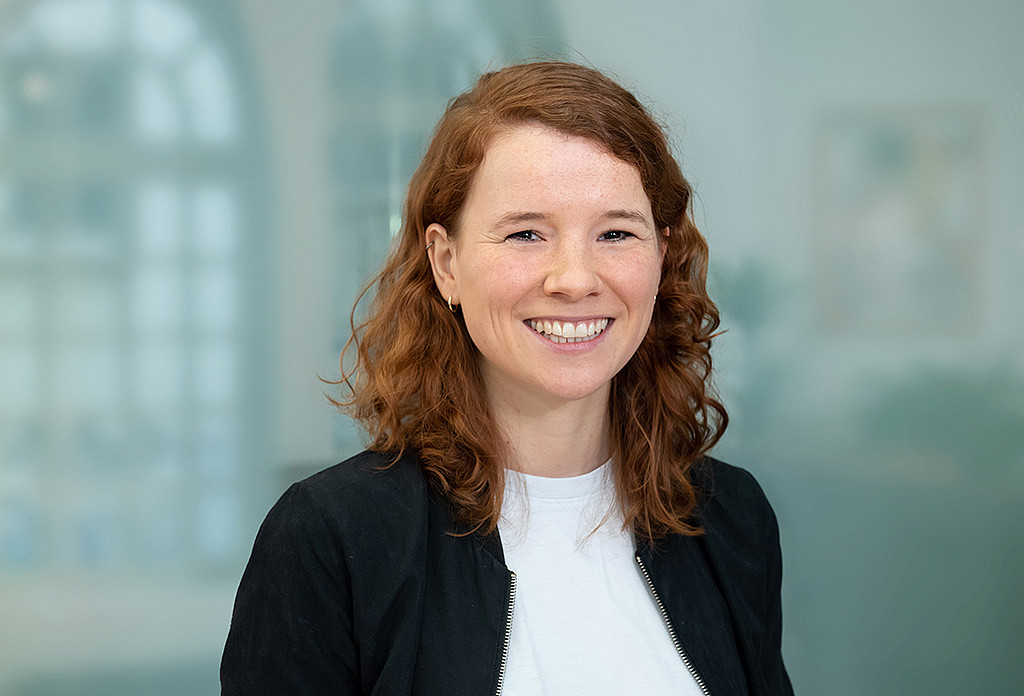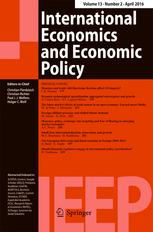Anna Solms

Current Position
since 6/22
Economist in the Department of Macroeconomics
Halle Institute for Economic Research (IWH) – Member of the Leibniz Association
Research Interests
- dynamic macroeconomics
- environmental economics
- regional economics
Anna Solms joined the Department of Macroeconomics as a doctoral student in June 2022. Her research focuses on topics in dynamic macroeconomics, particularly on factors influencing regional development and economic inequality.
Anna Solms received her bachelor's degree from University of Bonn and her master's degree from Leipzig University. She also spent a semester at University of Luxembourg and at Keio University in Tokyo.





